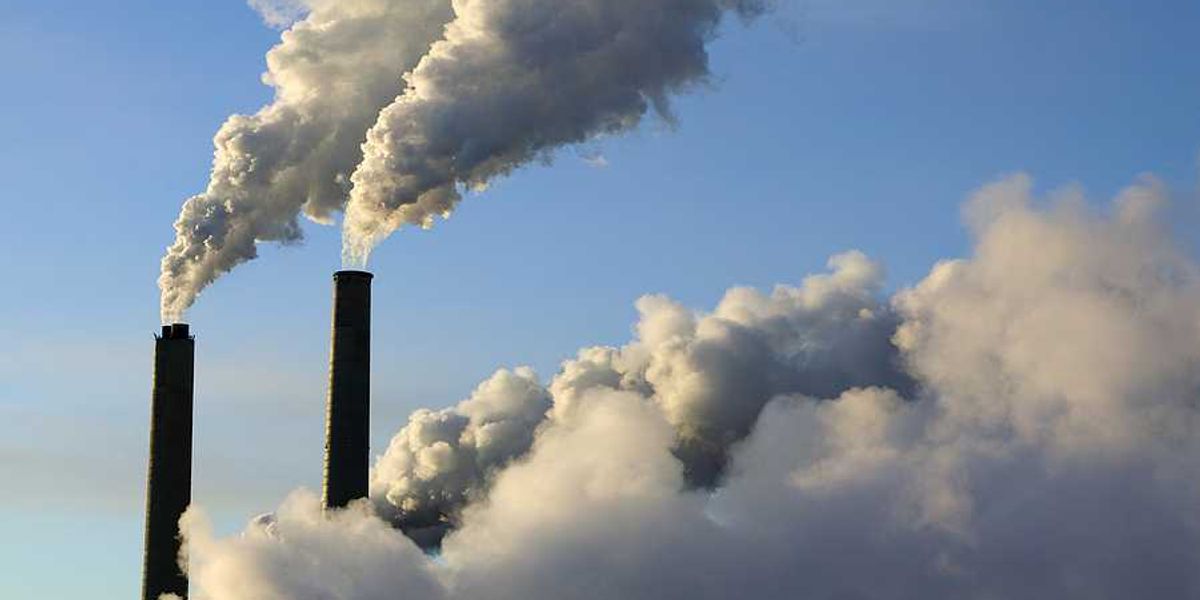Peter Dykstra: So you want to be an environmental journalist?
There’s a good argument to be made that environmental journalism internships matter more than most.
You may have noticed last week that EHN posted two notices seeking summer-term reporting internships.
I highly recommend these or just about any other journalism internships. They are:
- A hands-on, intensively-mentored experience in the real world;
- A chance to build some bylines or producer credits for your resume;
- An opportunity to be coached/advised by people who know what they’re doing. Unlike a fair number of college professors.
The EHN internship notices are here and here, the latter one requiring Spanish fluency. And unlike a lot of internships, they pay.
Let me digress, with some paternalistic pride, on presenting a highlight reel of my past interns’ success stories, mostly during my time at CNN:
- Anderson Cooper’s Senior Executive Producer;
- The head of Meteorology for CNN International;
- Two CNN reporters; another for CBC;
- The Editor-in-Chief of the Thomson-Reuters Foundation (so how old am I when one of my former interns is described as a seasoned journalist?);
- Chief counsel to a major congressional committee;
- A prime time meteorologist with the Weather Channel;
- A respected toxics researcher
I’m really proud of this as a past management weasel. I’ve hosted at least two pairs of interns that have cross-bred, making me an intern grandpappy, five times over.
But enough about me.
Why internships matter
There’s a good argument to be made that environmental journalism internships matter more than most. Stories on the beat can be a train wreck of issues and values: Money, ideology, science, spirituality, history, hegemony, and more.
There are an awful lot of “seasoned journalists” who started reporting on the environment in the 1970s, 1980s and 1990s, who are now in their 60s, 70s, or 80s. Many of us have slowed down, drifted into academia or public relations (gasp!), taken newspaper buyouts, or died.
The ones who are still in the mix are key to building the next generation, and backfilling the potential institutional memory gap. Internships like EHN’s are key to keeping the flame.
I have a friend who teaches Journalism 101 at a large, extremely ordinary university. Her first-day assignment is designed to develop the research and news-gathering skills in her young charges: Go forth and research Professor X (a colleague whose office is about 20 steps away) and tell me his favorite flavor of ice cream.
In a typical class of 30, she tells me, 29 will carpal tunnel their way into Google, and Prof X’s scant social media presence, and strike out. Typically, one student of 30 will trudge the 20 steps and ask the guy.
Brian Bienkowski is our senior editor and runs the show. Sorry, but I have no idea what his favorite ice cream flavor is. But he shared the good work of three past interns: Huanjia Zhang on farmworkers and glyphosate; Hannah Seo on methane-leaking offshore drill sites; and Krystal Vazquez on heat waves and the disabled.
Do as well, or better, and prep for a probably modest-paying career with its own huge rewards.
Peter Dykstra is our weekend editor and columnist and can be reached at pdykstra@ehn.org or @pdykstra.
His views do not necessarily represent those of Environmental Health News, The Daily Climate, or publisher Environmental Health Sciences.
Banner photo: The Climate Reality Project/Unsplash













